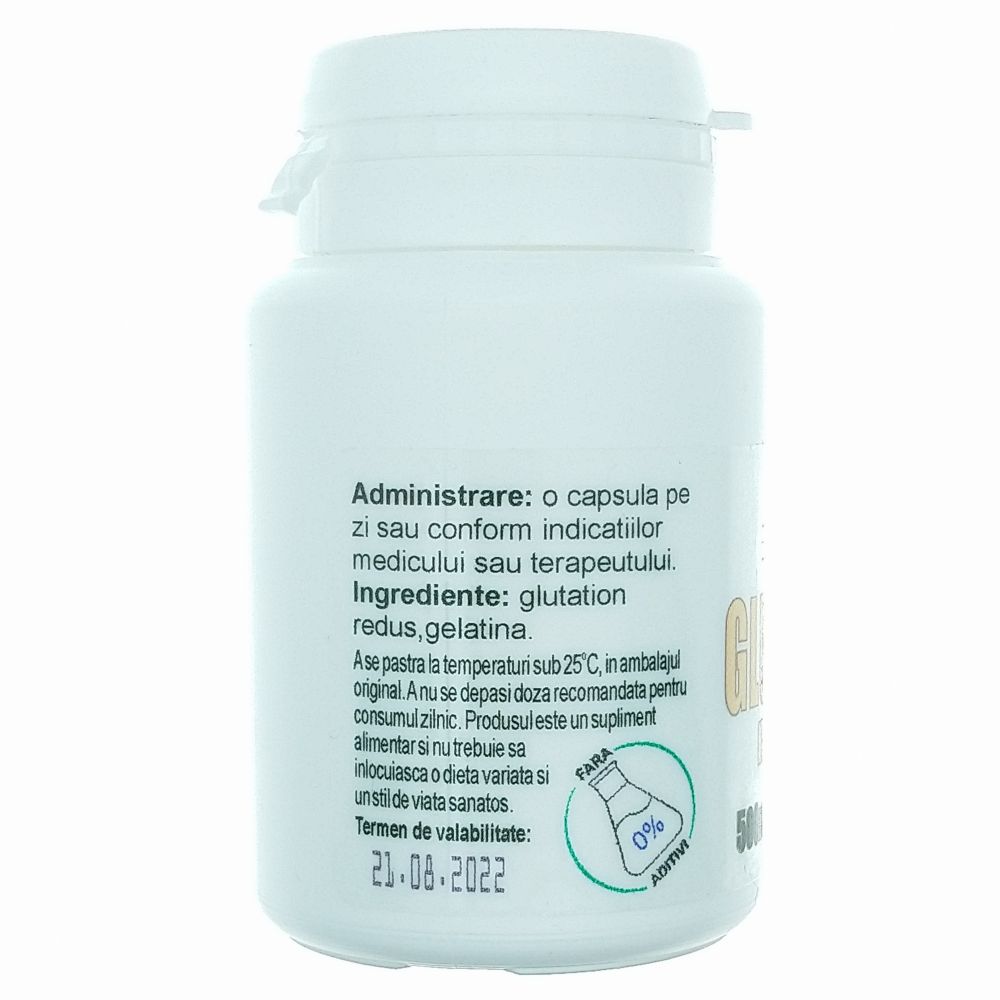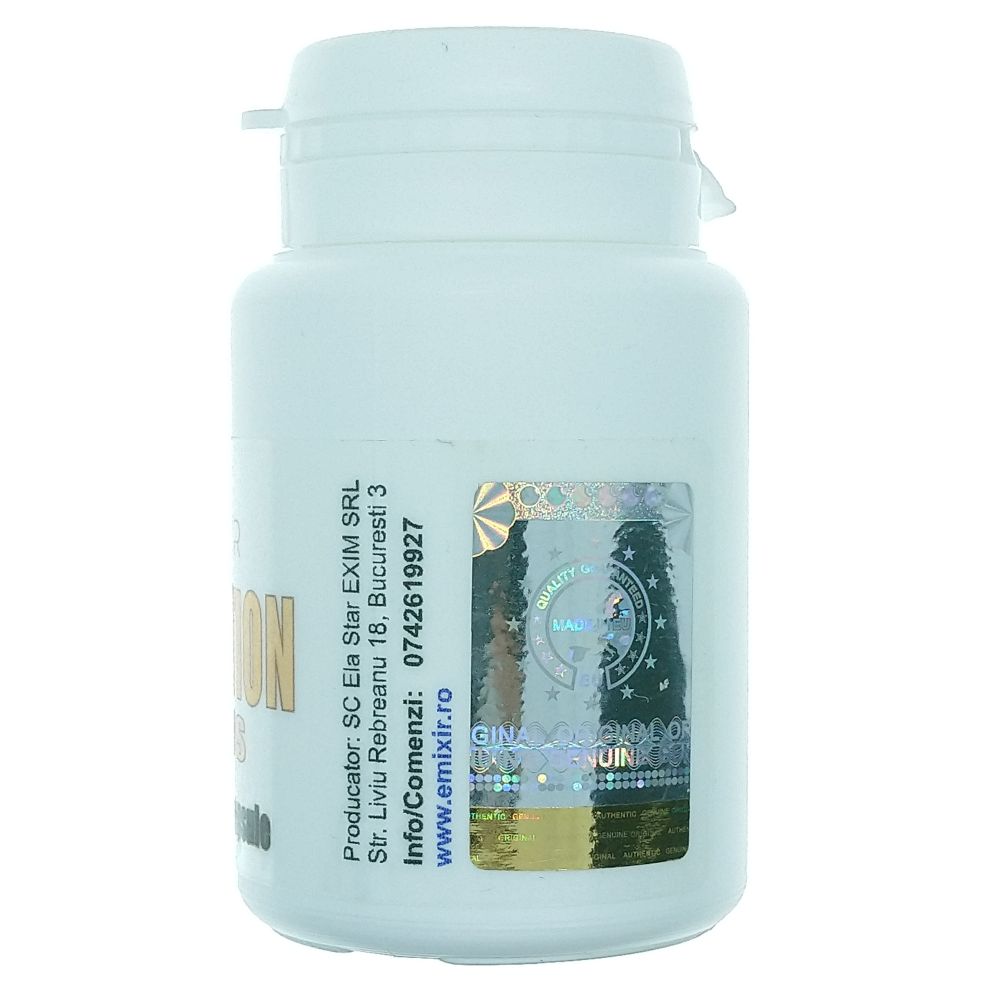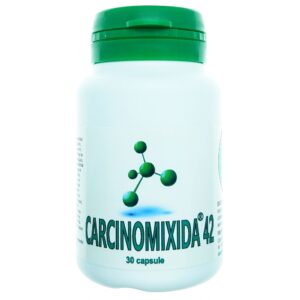Description
Description
Called the protein of life, GSH or glutathione is the most abundant intracellular thiol, present in most cells of the human body. Being one of the most powerful and important antioxidants, being present in the cytosol, and the rest in various organs: mitochondria, endoplasmic reticulum, peroxisomes, nuclear matrix.
Glutathione potentiates (increases) the absorption and efficiency of vitamin C, so use with vitamin C is recommended.
Glutathione – for heart health: https://www.ncbi.nlm.nih.gov/pmc/articles/PMC2655715/ :
This study provides evidence that cardiac and systemic glutathione deficiency is related to the functional status and structural cardiac abnormalities of patients with cardiac diseases. These data also suggest that blood glutathione test may be an interesting new biomarker to detect asymptomatic patients with structural cardiac abnormalities.
Glutathione – for cancer patients: Role of Glutathione in Cancer Progression and Chemoresistance
Glutathione (GSH) plays an important role in a multitude of cellular processes, including cell differentiation, proliferation, and apoptosis, and disturbances in GSH homeostasis are involved in the etiology and progression of many human diseases including cancer. While GSH deficiency, or a decrease in the GSH / glutathione disulphide (GSSG) ratio, leads to an increased susceptibility to oxidative stress implicated in the progression of cancer, elevated GSH levels increase the antioxidant capacity and resistance to oxidative stress as observed in many cancer cells.
- Used in synthetic deficits caused by viruses, drugs, alcohol, chemotherapy and radiation therapy, contraceptives, ammonia, heavy metals, pesticides, hormones, low protein intake, abnormal cell division, surgery, burns, aging, etc.
- activates macrophages and granulocytes with a role in regulating normal cell division and reducing the action of viral agents with the potential to modify cellular DNA and RNA
reduction of oxidative stress: reduces the level of reactive oxygen species and their destructive action on membranes, proteins, lipids, cellular nucleic acids (DNA, RNA) and on mitochondrial DNA; it also acts on the brain due to its ability to cross the blood-brain barrier - neutralizes free radicals by yielding a pair of electrons
- reduces the action of proinflammatory enzymes on cells with membranes rich in polyunsaturated fatty acids (eg, immune cells, sperm, hepatocytes, neurons, etc.)
- improves and maintains the detoxifying capacity of the liver
- participates in phase I and II liver detoxification: reduces absorption and promotes the elimination from the body of endogenous harmful substances (excess hormones, proinflammatory enzymes, melanin) and xenobiotics (heavy metals, cigarette smoke, alcohol, pesticides, fungicides, herbicides , toxic food colors and additives (eg formaldehyde), drugs, bacteria, viruses, detergents, hydrogenated vegetable fats, nitrosamines, methylglyoxal sa)
- maintaining glutathione levels in synthetic deficits caused by viruses, drugs, alcohol, contraceptives, ammonia, heavy metals, pesticides, hormones, low protein intake,
balancing the immune response: stimulates the secretion of gamma-interferon, interleukin IL-2, cytotoxic T lymphocytes, NK,









Reviews
There are no reviews yet.